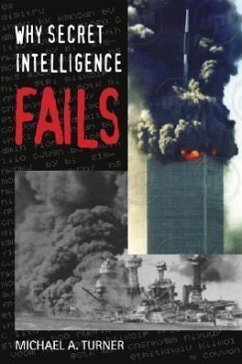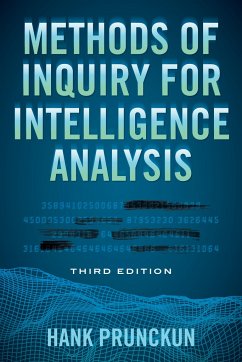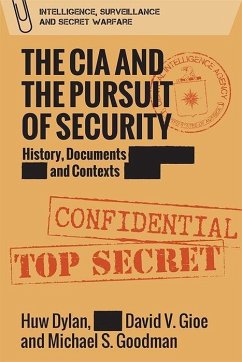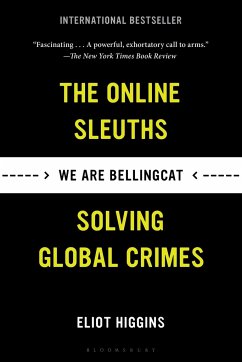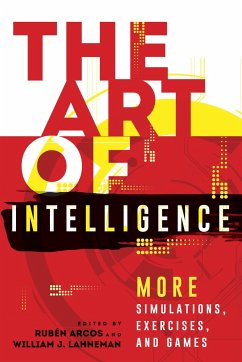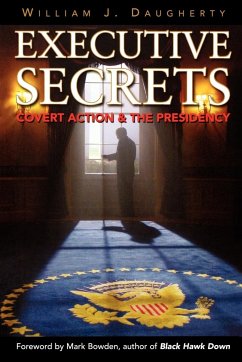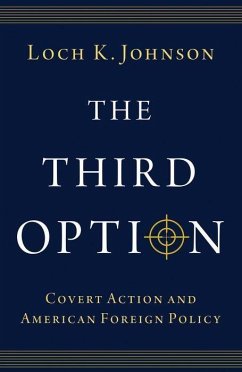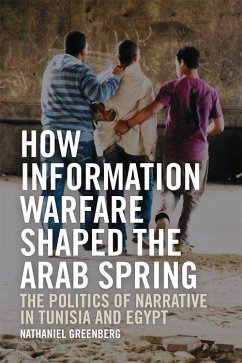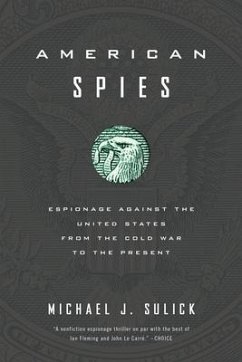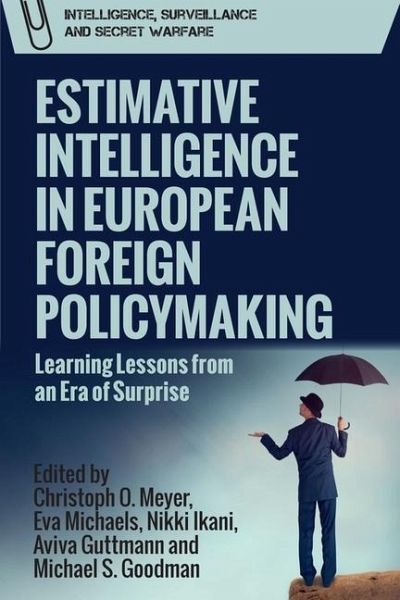
Estimative Intelligence in European Foreign Policymaking
Learning Lessons from an Era of Surprise
Herausgeber: Meyer, Christoph; Goodman, Michael S; Guttmann, Aviva; Ikani, Nikki; Michaels, Eva
Versandkostenfrei!
Versandfertig in über 4 Wochen
30,99 €
inkl. MwSt.

PAYBACK Punkte
15 °P sammeln!
Assesses estimative intelligence and warnings as an integral part of foreign policy across three major contemporary cases of surprise This book develops a new framework for conducting postmortems guided by a normative model of anticipatory foreign policy. It is the first assessment of the performance of three leading European polities in providing estimative intelligence during an era of surprise. The comparative analysis focuses on how the UK, the EU and Germany handled three cases of major surprises: the Arab uprisings, the rise to power of the Islamic State (ISIS), and the Russian annexatio...
Assesses estimative intelligence and warnings as an integral part of foreign policy across three major contemporary cases of surprise This book develops a new framework for conducting postmortems guided by a normative model of anticipatory foreign policy. It is the first assessment of the performance of three leading European polities in providing estimative intelligence during an era of surprise. The comparative analysis focuses on how the UK, the EU and Germany handled three cases of major surprises: the Arab uprisings, the rise to power of the Islamic State (ISIS), and the Russian annexation of Crimea. It considers government intelligence assessments, diplomatic reporting and expert open sources, and how organisational leaders received these assessments. The book tests and develops new theories about the causes of strategic surprises, going beyond a common focus on intelligence versus policy failures to identify challenges and factors that cut across analyst and decision-maker communities. Drawing on insights and chapters provided by former senior officials, the book identifies lessons to learn from European polities to better anticipate and prepare for future surprises. Christoph Meyer is Professor of European and International Politics at King's College London. Eva Michaels is Beatriu de Pinós Fellow at the Barcelona Institute of International Studies. Nikki Ikani is Assistant Professor in Intelligence and Security at the Institute of Security and Global Affairs, Leiden University. Aviva Guttmann is Lecturer in Strategy and Intelligence at Aberystwyth University. Michael S. Goodman is Professor of Intelligence and International Affairs and Head of the Department of War Studies at King's College London.




